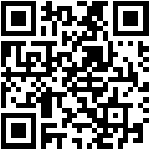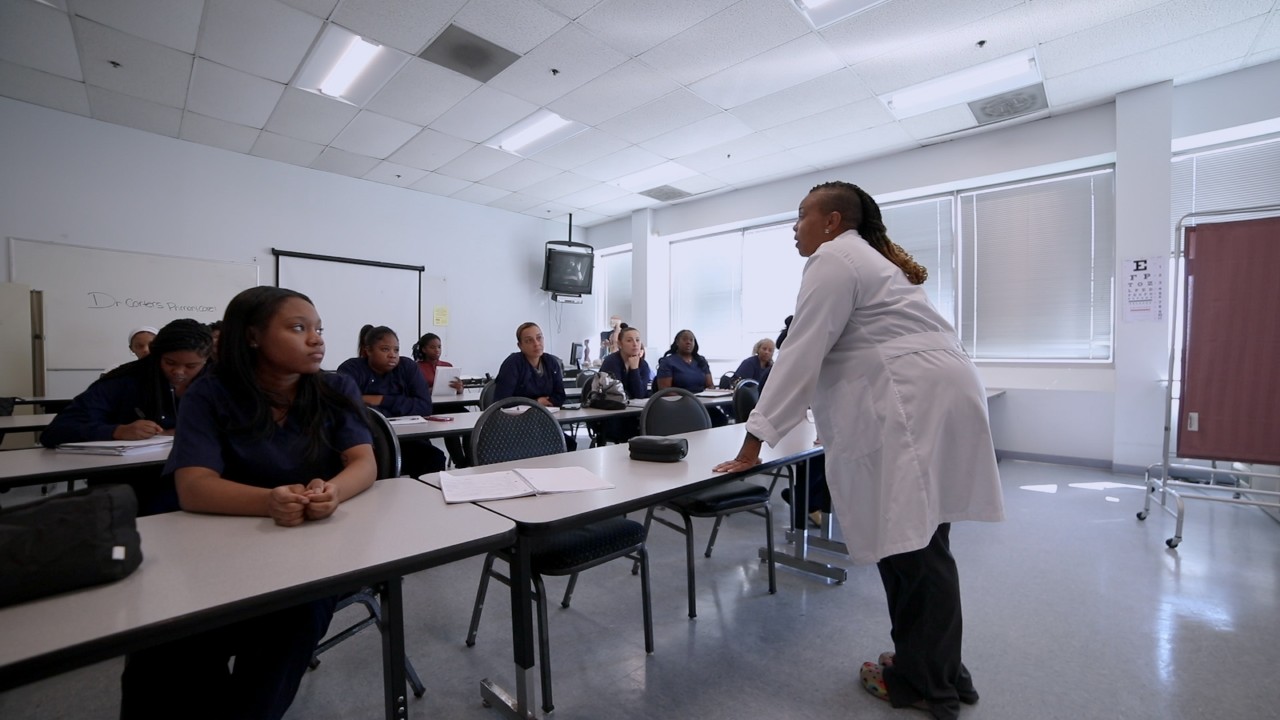Most medical treatments require multiple providers and procedures, each with its own fees and billing codes. Poor management of this complex system of patient records could have serious repercussions for patients and healthcare providers alike.
That’s where medical billing professionals come in.
These specialists work behind the scenes to help ensure that all healthcare billing processes are handled carefully and efficiently. Their value is apparent in the medical billing field’s job growth, which the U.S. Bureau of Labor Statistics (BLS) projects will be faster than average between 2022 and 2032.
For individuals considering a medical billing career, now is the perfect time to pursue medical billing and coding school training. Those who complete this training can be qualified for several types of jobs in the field.
What Is Medical Billing?
Medical billing encompasses all the processes involved in maintaining accurate patient records and assigning the appropriate numbers and other identifiers, or codes, to each patient’s appointments and treatments as they appear in those records. Succeeding in a medical billing career requires knowledge of:
Medical terminology
Medical coding
Office management
Benefits of Medical Billing to Healthcare Organizations
While they typically do not have direct contact with patients, medical billing professionals play an invaluable role in the delivery of healthcare services. The benefits their work provides to healthcare organizations include:
Timely insurance claims: Providing accurate information to insurers helps to speed the process of reimbursement.
Streamlined reimbursement: Negotiating with insurance providers and effectively addressing denied claims helps to quickly resolve any issues related to reimbursement.
Accurate records: Maintaining correct and up-to-date records protects against billing errors and fraud and helps to ensure uniformity in patient data across providers.
Reliable revenue: Supporting timely and accurate billing helps to maintain the cash flow that keeps healthcare offices and systems operational.
5 Careers in Medical Billing
Jobs in medical billing may focus on records management, coding, or billing. With experience — and in some cases, additional education — individuals can advance into medical billing careers that involve training others in medical coding or overseeing coding operations.
A variety of healthcare-related facilities and organizations employ medical billing staff, including:
Physicians’ offices
Dentists’ offices
Clinics
Hospitals
Nursing homes
Insurance companies
Medical billing professionals are in demand. With the increasing number of both older adults and patients with chronic conditions like heart disease and diabetes, the need for medical procedures and other healthcare interventions is growing. For each of these medical services, medical billing professionals are responsible for ensuring accuracy in record keeping, insurance reimbursement, and patient invoicing.
The BLS projects 8% job growth in this field between 2022 and 2032. The average projected growth for all professions the BLS tracks is 3%.
Following are five job options for individuals interested in pursuing a medical billing career:
1. Medical Records Specialist
Medical records specialists focus on a number of tasks related to data entry and record-keeping. They gather information for patients’ medical files and help maintain those files, often processing the information for healthcare providers to use in billing and coding. Their responsibilities include:
Reviewing patients’ records for accuracy
Assigning and recording medical codes for the services patients receive
Gathering records for use in insurance reimbursement or data analysis
2. Medical Coder
Medical coders focus specifically on assigning codes to patients’ medical diagnoses and procedures at a healthcare facility. This role requires an understanding of how a patient’s medical condition affects the codes assigned to their treatment. Among this position’s responsibilities are:
Providing codes, often with the assistance of software, that summarize patients’ medical visits for billing
Working with healthcare providers and medical billers on reviewing codes for accuracy
Ensuring that claims data meets insurance and legal guidelines and has the necessary authorizations before submission
3. Medical Biller
Medical billers submit coded transcripts to insurers that outline patients’ conditions and treatments. Working with medical coders, they translate codes for service — often using software to assist with this process — and then send records to insurance companies for review. Their typical tasks include:
Creating invoices for billing, based on medical codes for patients’ procedures
Submitting claims to insurance companies
Sending invoices to patients for fees insurance does not cover
4. Billing Analyst
Billing analysts are responsible for ensuring that patients’ bills for services are correct. This work involves tasks such as:
Answering patients’ questions and responding to their concerns regarding their bills
Correcting discrepancies in invoices by checking with other healthcare personnel or insurance providers
Finding ways to improve billing processes and software
5. Medical Collector
Medical collectors seek payment of bills that are overdue. Medical collectors often work for healthcare facilities and organizations, but they also may work for collection agencies. Among the responsibilities of medical collectors are:
Alerting patients about their overdue bills
Working with patients to find alternative methods of payment for those who cannot pay promptly
Confirming that patients meet the obligations of their payment arrangements
Benefits of a Medical Billing Training Program
Medical billing and coding training can give those seeking employment in this field a leg up in their search. While some positions, like medical collector positions, generally do not require postsecondary training, many do have these types of requirements.
Medical billing training can help aspiring professionals develop the knowledge and skills they will need to succeed in their medical billing career, with instruction in areas that range from medical terminology to health data requirements. Additionally, many employers hiring for medical billing positions prefer candidates who hold one or more certifications. Medical billing and coding training programs can help those seeking these roles prepare for certification exams, and, in many cases, education is a requirement for certification.
Among the certifications for medical billing careers are:
Certified billing and coding specialist (CBCS)
Certified coding associate (CCA)
Certified coding specialist (CCS)
Certified professional coder (CPC)
Registered health information technician (RHIT)
Start Your Journey to a Medical Billing Career
Choosing a medical billing training program that teaches the fundamentals through classroom and experiential work can set you on a course to a successful career in this growing field. If you are seeking training for a medical billing career, explore the Medical Billing and Coding training program at All-State Career in Baltimore, Maryland
Discover how enrolling in the All-State Career Medical Billing and Coding program can help you pursue your career goals.
Recommended Readings
Five Types of Businesses That Hire Medical and Billing Coders
What Can You Expect in Your Medical Billing & Coding Job?
How is a Career as a Medical Assistant Different Than Other Medical Careers?


